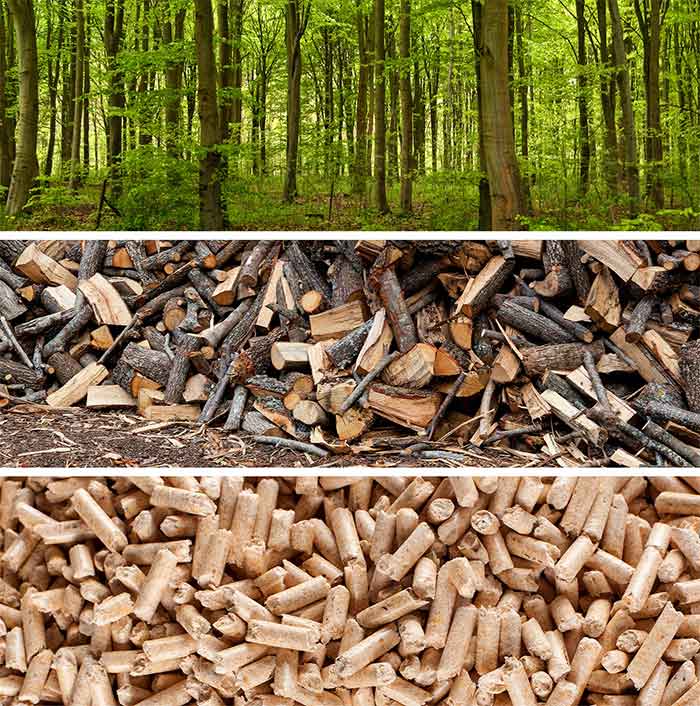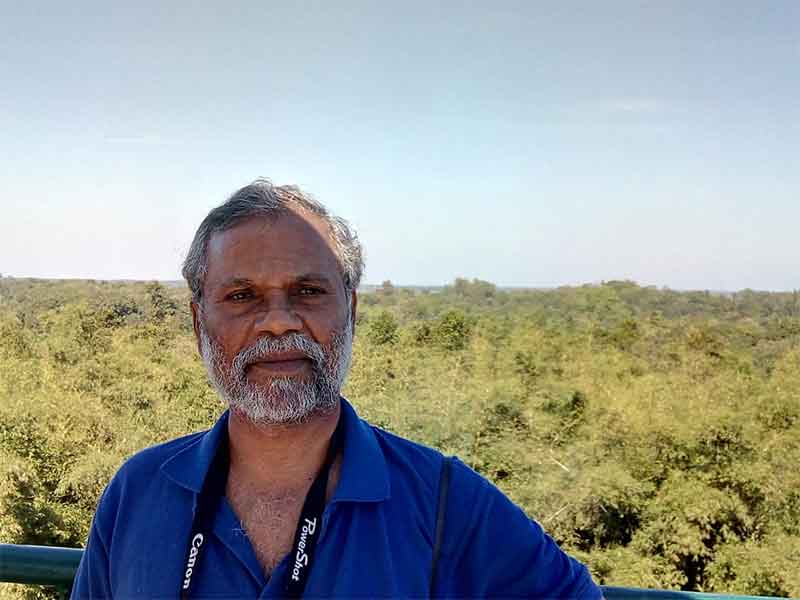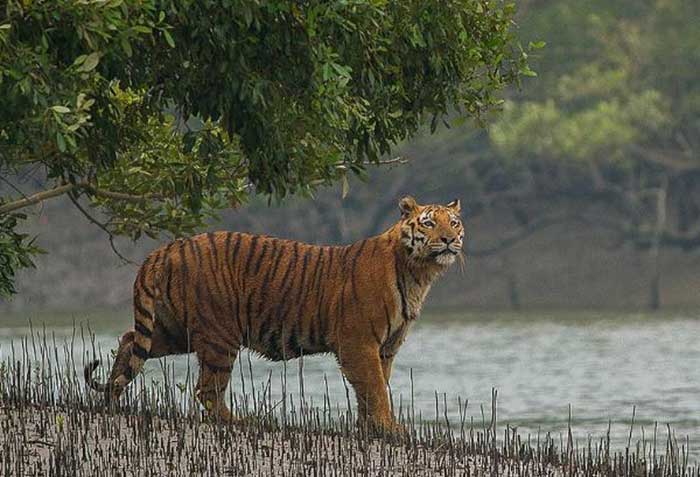We should be much more cautious about the loss of such sweet friends

We are aware of some losses and we take steps to prevent them. But some losses occur over a longer period of time and we realize only too late that we have lost something very precious. Such is the feeling that millions and millions of human being now have regarding the loss of numerous sweet birds and insects. Perhaps the absence of sparrows and butterflies around us is the loss most deeply felt by many of us.
People talk in scientific terms about the usefulness of several birds and insects. Talk about beauty of butterflies is more frequent. Of course sparrows are both useful and beautiful, but the value of their companionships goes beyond beauty and utility. Sparrows are such sweet creatures, just having them around is a blessing. Those who grew up with them would recall so many happy moments of feeding them, or watching them finding their own food in courtyard (aangan),or best of all feeding their younger ones, or building their nests. Some very happy memories are in fact of doing nothing and watching the sparrows doing nothing. Sparrows are such small creatures, so it is fascinating—and very pleasing–to discover that they can be so expressive. As children we had this feeling of having spoken to sparrows and having understood each other well. Just having them around adds so much to the happiness of growing up with friends.
Alas! Humankind is too submerged in much narrower thinking to realize the seriousness of such loss when it takes place and much later when there is a wake up call, the response is more in terms of such symbolic gestures as declaring a day in a year for sparrows. Incidentally today March 20th is World Sparrow Day.
As the wise people of world do not value so much the innate sweetness and friendship of a very small creature, we may as well mention that sparrows also play an important role in maintaining balance of nature. China realized this in the 1950s when , horror of horrors, it declared sparrows to be ‘pests’ and a very large number of the small sweet birds were eliminated. It was realized only later that these birds had been feeding on many small harmful insects and by killing them in large numbers, the entire balance was disturbed badly, leading to much heavier loss of crops by insects.
House sparrows have been inseperable companions of human beings for thousands of years, preferring our company despite all our sins, hanging around our houses inside of heading for dense forests, not hesitating to nest and breed within our houses, feeding off scattered grain of our homes and fields. With a little more care we should have recognized their very simple needs and protections and provided for them, but this was neglected and this neglect proved very costly.
Urban housing changed in ways that ventilators and courtyards became very less common. Trees, shrubs, grasslands became much lesser. Grasses and trees that remained were often not of indigenous types and , as in the case of lawns and gardens, had pesticide residues as well. Thoughtless concretization of vast areas led to the denial of even simple soil to sparrows ( the sweet birds have a habit of taking almost daily soil bath). Pesticide use also increased in houses by people scared of simple cockroaches. Rapid increase of radiation exposure from mobile phones and towers also increased problems of sparrows.
There are many changes which are needed anyway for wider reasons which will also help to protect sparrows. The large-scale use of chemical pesticides, insecticides, herbicides etc in farms, gardens, lawns and homes has ben one of the biggest causes of ruin of environment and biodiversity, apart from increasing serious health hazards. The more we can reduce these terrible poison sprays, the more the cause of biodiversity including sparrows, butterflies and bees will be helped. The less the indiscriminate spread of concretization, the more water conservation and recharge will take place, trees will be protected and yes, the more comforting this will be for sparrows too. Cities need more grasslands and trees, so do sparrows. Urban housing will be much enriched if we bring back courtyards and more open places a at least to some extent, and let at least half the open , uncovered space be free from concrete.
So what sparrows and other sweet birds are telling us is—even if you cannot take very specific steps for protecting us, if you are just more protective towards environment and open and green spaces generally, this in itself will help us to give you more company. And then if in addition you can be more careful for protecting us in more specific ways as well, we will welcome that too.
Bharat Dogra is a journalist and author. His recent books include Protecting Earth for Children and Planet in Peril.
GET COUNTERCURRENTS DAILY NEWSLETTER STRAIGHT TO YOUR INBOX
















































